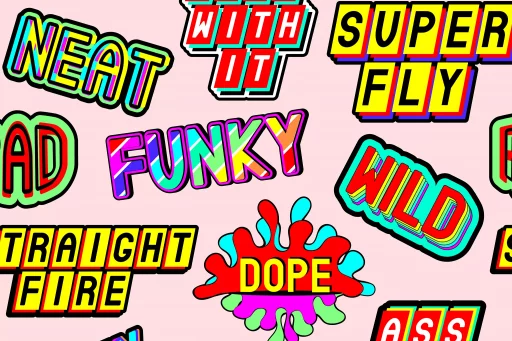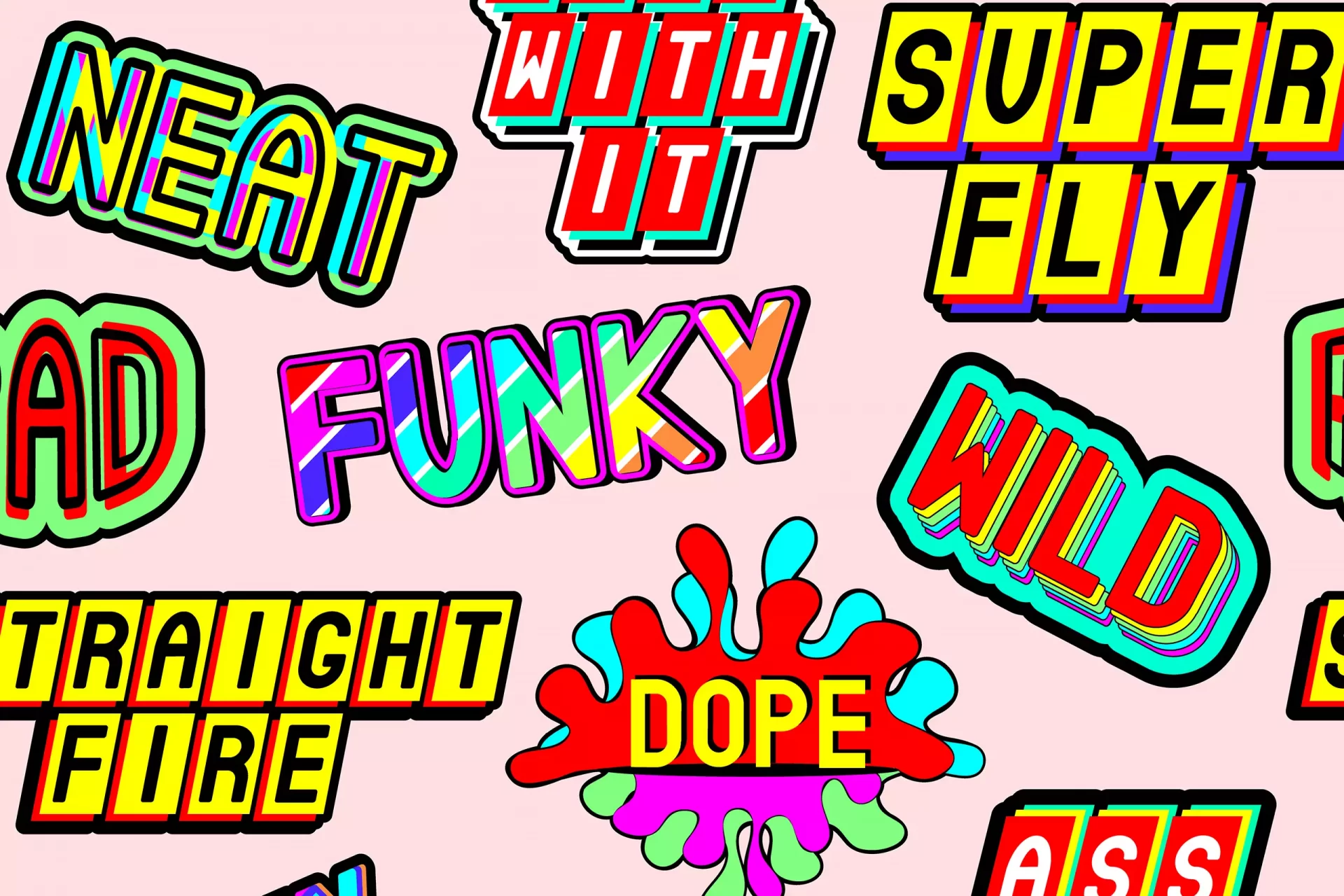Introduction to ‘Smite’ in Modern Slang
In contemporary language, especially within gaming and online communities, the term “smite” has evolved beyond its traditional meaning. Originally derived from old English literature, where it signified striking down or hitting someone, in slang, it has taken on a variety of nuanced interpretations. This article explores the modern slang definition of “smite” and its applications in different contexts.
The Traditional Definition of ‘Smite’
To understand the slang usage, it’s pivotal to revisit the traditional definition. To “smite” traditionally means to strike someone down with great force or suddenness. This might involve physical, metaphorical, or even divine connotations. Historically, it’s often linked to tales of gods and heroes in literature, such as in the Bible or classical mythology.
Modern Slang Usage of ‘Smite’
In modern contexts, particularly within online gaming and social media, “smite” refers to the act of decisively defeating or outperforming an opponent. It encapsulates the thrill of competition, triumph, and often, a touch of drama. Here’s how it breaks down in various settings:
- Gaming Communities: In multiplayer video games, particularly those involving combat, players might use “smite” to describe moments when they eliminate an opponent or achieve significant objectives.
- Social Media: On platforms like Twitter or Instagram, users may apply “smite” humorously or dramatically to express outsmarting someone in a debate or achieving a social media win.
- Pop Culture: In memes or videos, “smite” is often exaggerated to depict someone facing a humorous but rapid downfall, whether in a game or social contest.
Examples of ‘Smite’ in Action
To illustrate how “smite” is used today, let’s look at some examples:
- Example 1: During a heated match in “League of Legends”, a player might shout, “I just smote that enemy champion!” indicating they made a decisive play that eliminated the opponent.
- Example 2: On a Twitter thread about a recent sports game, someone might tweet, “Our team just smite’d the competition with that last-second goal!” This applies the word in a celebratory context.
- Example 3: In a meme format, a video clip might show someone failing at a task while a dramatic sound effect plays, captioned, “When you attempt the hardest level and get smite’d by the game!”
Case Studies: Slang in Action
To understand the impact of slang terms like “smite”, examining specific case studies can be insightful:
- Gaming Tournaments: In the realm of esports, players often use “smite” during tournaments. The use of the term not only energizes the audience but also strengthens community bonds as fans celebrate decisive victories by their favorite teams.
- Social Media Culture: Twitter trends often see phrases such as “#SmiteYourEnemies” during political debates, showcasing users leveraging the term to articulate their stance or victories in online discussions.
- Meme Culture: The phrase has surged in popularity within meme-making communities. One notable example is the viral meme format depicting mythical creatures smiting various targets, which emphasizes both humor and testament to the term’s adaptability.
Statistics on Language Usage
The evolution of the word “smite” into modern slang reflects broader language trends:
- According to the Oxford English Dictionary, more than 40% of popular slang originates from gaming culture.
- A 2022 survey cited that 65% of surveyed gamers used terms like “smite” or “smote” in casual conversation, indicating its integration into everyday language.
- Internet memes that utilize the term have garnered over 1 million shares on platforms like Reddit, demonstrating its cultural penetration.
Conclusion
In conclusion, the term “smite” has transitioned from its traditional definition of striking down to embodying a captivating slang phrase representing victory, particularly in competitive scenarios. It is a fine example of how language evolves and adapts through culture, showcasing the influence of gaming and social media. Whether you’re an avid gamer or just a casual observer, understanding the slang definition of “smite” enhances the communication spectrum in today’s dynamic linguistic environment.






